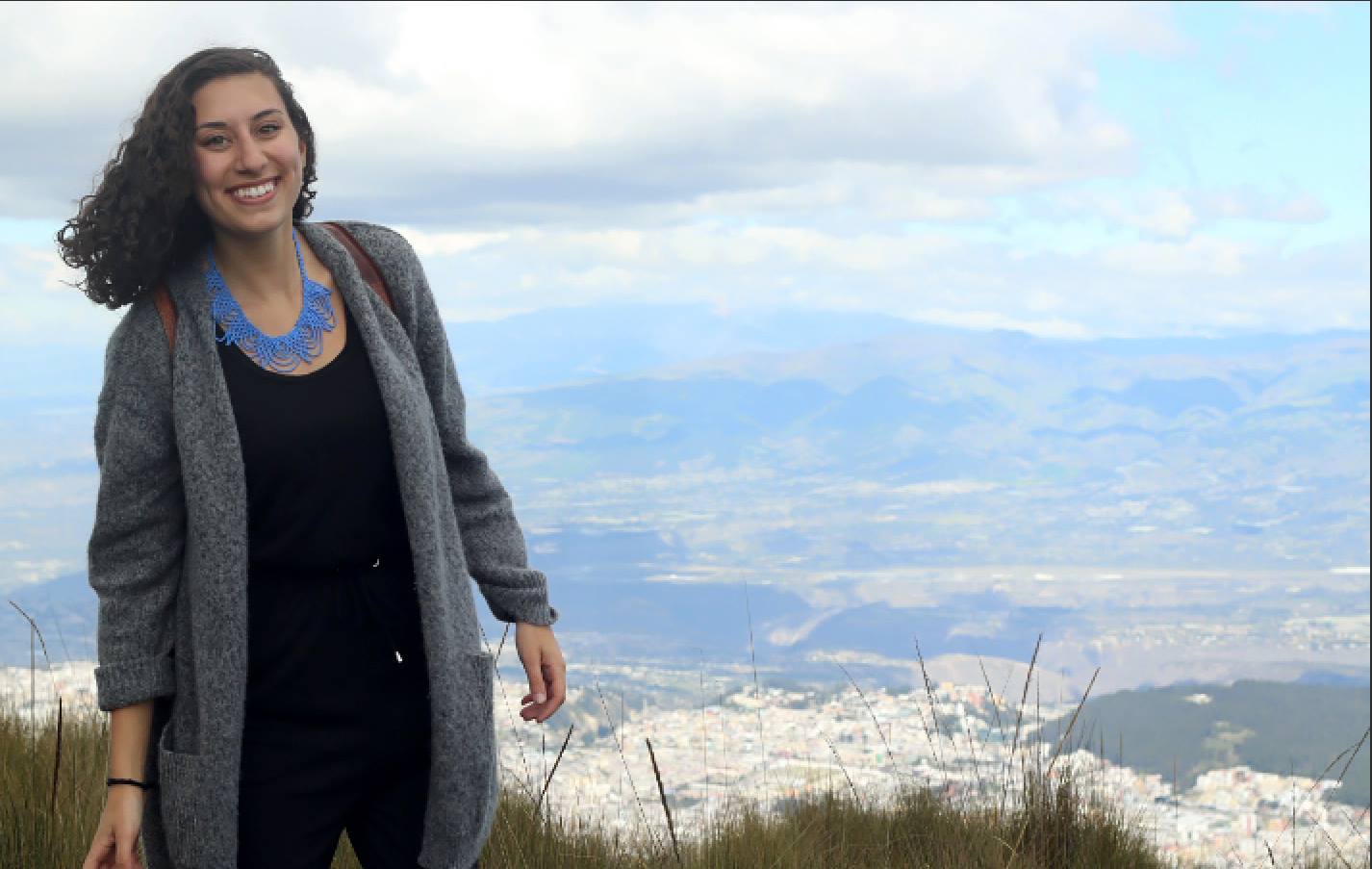I sat in my living room Saturday night with my host mother and neighbor, watching the decorative balls on the table sway back and forth. My mom prayed to God that it would end, my neighbor consoled her and I clenched the wet towel I had just taken off my head after frantically running from the bathroom.
Immediately after, I received an influx of messages from others living in Quito, asking if I had felt the disruption. Although I was a little shaken up, I decided to continue with my plans for the night and went to a concert with friends. I wasn’t going to tell my parents to spare them one less panic attack after the series I had onset throughout the course of the semester (theft, parasites, emergency rooms, erupting volcanoes, Zika, etc.). Little did I know, the earthquake I had just experienced would take the lives of hundreds, injure thousands and destroy towns along the coast of Ecuador.
I learned the news of how big the earthquake really was when I got back to a Wi-Fi zone. The earthquake measured 7.8 on the Richter scale, and I understood why I had hysteric messages and missed WhatsApp calls from family and friends asking me why I had not responded or checked in on Facebook.
Every day since, I have been surrounded by peers and teachers who are distraught for their family and friends, who never received a response to their frantic messages and calls. My social media accounts and news sources are inundated with photos, videos and stories of the destruction and what was lost. Even the daily aftershocks are a reminder that this is not something that’s going away anytime soon.
I’m extremely grateful that my life was not at risk during the events on Saturday. I recognize this is because I live comfortably in Quito, whereas others were not as fortunate to be in the right place at the right time. What’s more, the weekend of the earthquake, I had plans to travel to the coast but decided against it at the last minute because I had too much homework.
I’ll admit, whenever I used to hear about natural disasters in other countries, a part of me distanced myself from the situation. I naïvely felt I couldn’t really do anything to help, or that it was probably never going to happen to me. But now it has affected me, and many more — the people of this country that I’ve called home for the last three months.
The environment has changed from one of a vibrant, lively people to one that’s solemn and thoughtful. However, the people of this country have turned this thoughtfulness into something productive. The country has mobilized, seemingly overnight, to gather food and supplies to send to the coast.
Bank accounts have been set up to donate to different organizations, and Ecuadorian and international students have organized supplies, benefit concerts and blood drives for those affected. One thousand students from my school even signed a petition to suspend classes for a week in order to better focus volunteer efforts.
It’s so different watching something on the news that happened in a foreign country country versus watching something on the news that you physically felt. I think my concept of identity changes constantly, based on where I am and what I’ve experienced. After this weekend, I will always feel like a little part of me remains with the Ecuadorian people.
Ecuador’s slogan, “All you need is Ecuador,” has changed to, “All Ecuador needs is you.” It’s disheartening to think that I’m leaving in three weeks, especially now that I feel I can be of some use. I want to give back to the country that has taken care of me, through all the parasites, doctor’s visits and homesickness. Above all, I’m proud to say I was once a very tiny part of a small country, but still part of such a powerful community.
#Fuerzaecuador
To donate:
Directly to Cruz Roja Ecuatoriana: https://www.ammado.com/community/175375/donate

























































































































Trish Keefe Bielski • Apr 22, 2016 at 6:55 pm
Wonderful insight in this article Olivia.